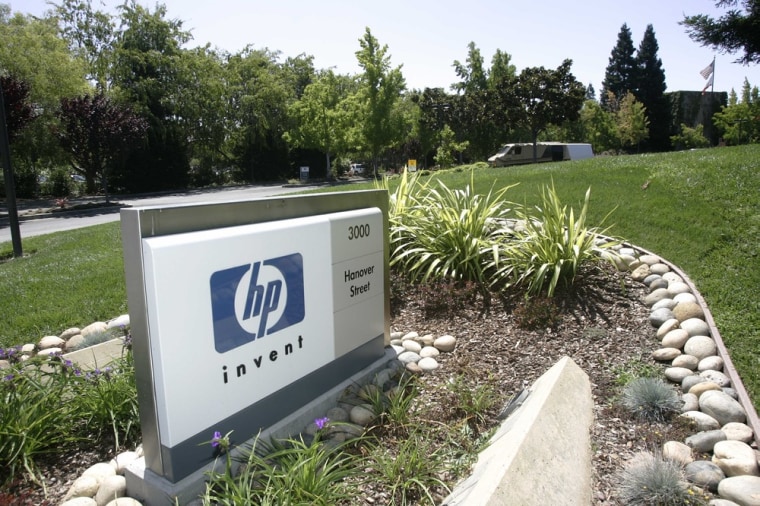Chevron, Bank of America and AT&T all got top marks as the best workplaces for lesbian, gay, bisexual and transgender (LGBT) employees, according to a recent survey by the Human Rights Campaign Foundation in Washington, D.C., the nation’s biggest advocacy and lobbying group that backs civil rights for LGBT people. (Candace Gingrich-Jones, Republican presidential candidate Newt Gingrich’s half-sister, is an active member.)
Of the 20 largest American companies by revenues, 10 got scores of 100, meaning they met all of the Human Rights Campaign’s criteria for providing an inclusive, discrimination-free work environment. (The group calls its survey the Corporate Equality Index.) The top-rated big companies cover a range of industries, from finance to automobiles to technology and health care. Ford Motor, Cardinal Health and IBM also got top ratings.
Forbes.com slideshow: See the best big American companies for LGBT employees
The index looks at discrimination policies that protect employees based on sexual orientation and gender identity, at insurance and other benefits for same sex partners and at companies’ ability to recruit and retain LGBT workers.
This is the tenth year the Human Rights Campaign has done the survey, which has expanded from rating the 500 biggest U.S. companies to evaluating a total of 850 businesses, including more than 200 law firms. A decade ago, just 13 businesses got a top score. This year, 190 did.
Unlike discrimination based on race, gender, religion, national origin or disability, there is no federal law prohibiting discrimination based on sexual orientation. Twenty-one states, including Texas, have no law against it. The lack of legal protections for LGBT workers is a chief motivation behind the index. “Corporate America is leading the charge for equality in the workplace,” said Human Rights Campaign Foundation president Joe Solmonese in a statement.
This year, the campaign made its evaluation more stringent than in years past, rating companies on 40 different policies and practices, 32 of which were new or stricter. For instance, this year for the first time, companies had to include insurance coverage for gender reassignment surgery in order to get a top rating. Among the big companies that earned a score of 100, a spokeswoman at Citigroup says that its coverage of transgender insurance benefits is new this year. JP Morgan Chase has offered the coverage since 2009. A total of 207 companies surveyed are offering the gender reassignment coverage or will do so as of next year.
Of the big companies that did not get a top score, ExxonMobil had the poorest showing, with a rating of negative 25. Explains Human Rights Campaign Foundation workplace project deputy director Deena Fidas, that’s because of a decision about company policy that occurred in 1999, when Exxon acquired Mobil. At the time, says Fidas, Mobil had a strong non-discrimination policy that included sexual orientation and it also offered domestic partner benefits. After the acquisition, Exxon did away with the policy and the benefits. Since then, according to Fidas, Exxon has opposed shareholder resolutions to restore the old policy and benefits.
Exxon Mobil sent Forbes a copy of its “Corporate Citizenship Report” that says the company has a “zero-tolerance” policy against “discrimination based on sexual orientation and gender identity.” But Fidas says the language in the report doesn’t have the legal force of the anti-discrimination standards used by the companies that get the top rating.
Berkshire Hathaway also got a low score of just 25, in part because it didn’t provide any data. In the 10 years of the index, the company has never voluntarily participated. A spokeswoman at the company says it is Berkshire Hathaway’s policy not to participate in surveys.
Among the big companies that didn’t make a top score, Fidas says that there is a piece of good news at Wal-Mart, the nation’s biggest company by revenues. Even with the stronger criteria this year, Wal-Mart’s score moved up from 40 last year to 60. That’s because this fall, the company introduced a fully inclusive non-discrimination policy that added gender identity and expression, says Fidas. The company already had a policy against discrimination based on sexual orientation. Wal-Mart does not cover gender reassignment surgery and does not offer equivalent medical benefits to same-sex partners, keeping it from scoring 100. But Fidas says Wal-Mart has made “significant strides.”
Overall, Fidas says her group is heartened by this year’s index results. “They demonstrate a huge step forward both for LGBT workplace fairness and also for companies and their leadership on true best practices,” she says.
More from Forbes.com
